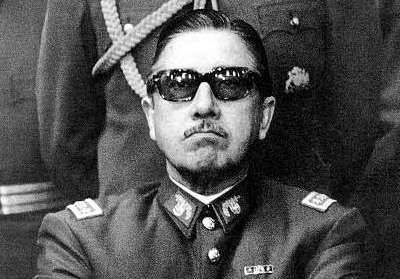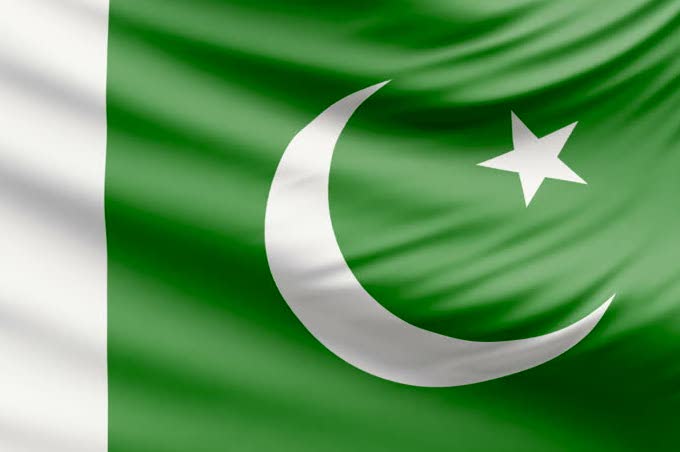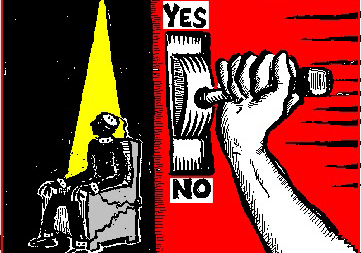
ICJ regrets decision not to extradite Pinochet but hails advance made against impunity
The ICJ finds the decision by British Home Secretary Jack Straw not to extradite former dictator Pinochet to Spain to be extremely regrettable.

The ICJ finds the decision by British Home Secretary Jack Straw not to extradite former dictator Pinochet to Spain to be extremely regrettable.

Today, the ICJ’s Centre for the Independence of Judges and Lawyers voiced utmost concern over military instructions to judges in Pakistan to take a fresh oath of allegiance to the unconstitutional army led administration.

 The ICJ’s Centre for the Independence of Judges and Lawyers wrote today to the Government of Sri Lanka expressing deep concern about the assassination of lawyer Kumar Ponnambalam.
The ICJ’s Centre for the Independence of Judges and Lawyers wrote today to the Government of Sri Lanka expressing deep concern about the assassination of lawyer Kumar Ponnambalam.

Today, the ICJ wholeheartedly welcomed the ruling of Ukraine’s Constitutional Court to declare the death penalty unconstitutional.